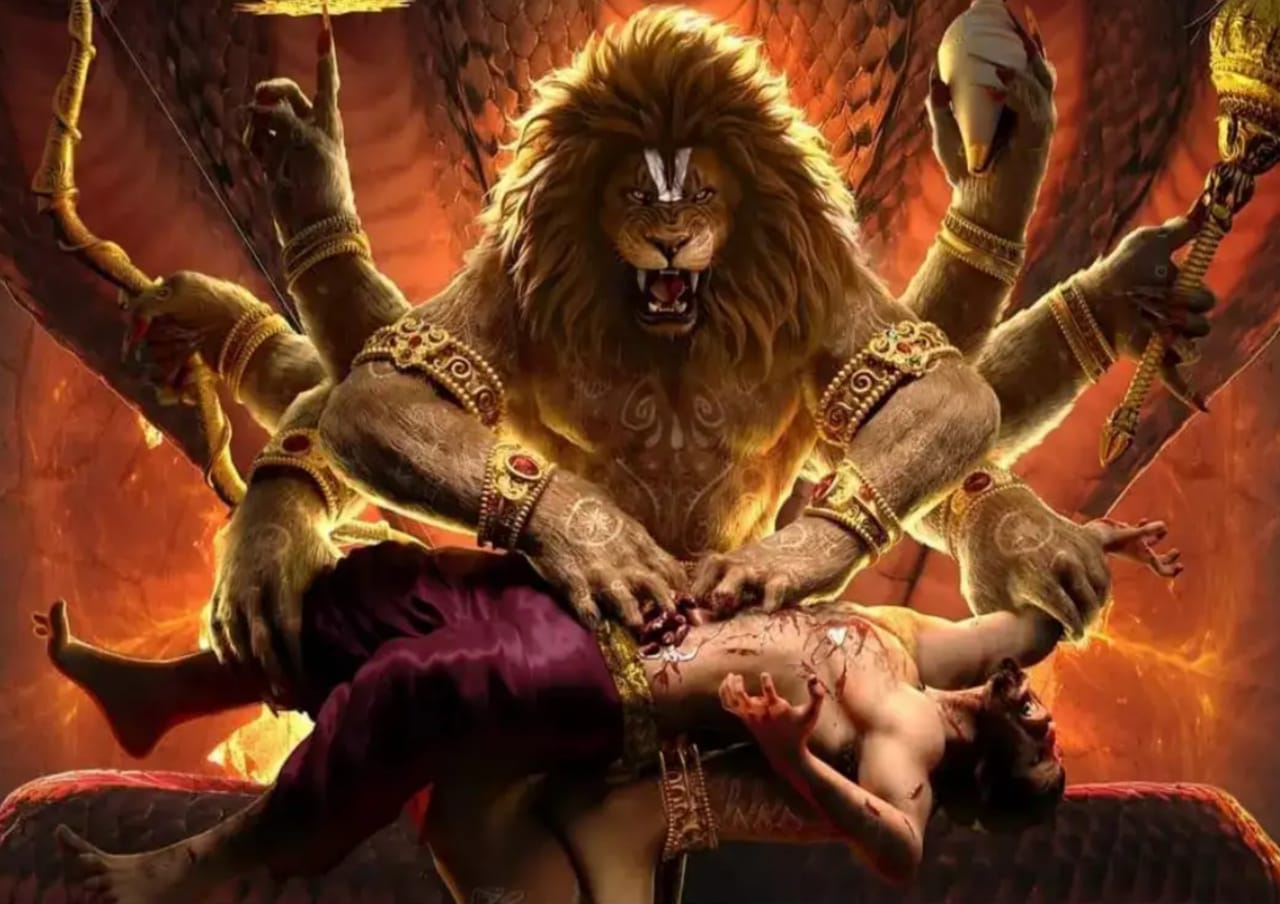
Ashwin Kumar's mythological animated film "Mahavatar Narsimha" has emerged as an unexpected box office success, proving that Indian audiences are ready to embrace high-quality animated storytelling rooted in traditional narratives. The film, produced by Hombale Films and Kleem Productions, has collected ₹16.02 crore in its first four days, marking a significant achievement for the animated film genre in India.
The film opened with a humble ₹2.29 crore on Friday, with the Hindi version leading collections at ₹1.51 crore. However, "Mahavatar Narsimha" demonstrated remarkable staying power over the weekend, witnessing a dramatic surge that saw Saturday collections jump to ₹4.6 crore and Sunday peak at ₹9.5 crore, the film's best single-day performance.
Regional versions contributed significantly to the overall numbers, with Telugu bringing in ₹38 lakh on the opening day, followed by Kannada (₹7 lakh), Malayalam (₹3 lakh), and Tamil (₹2 lakh). The film's ability to connect with audiences across linguistic boundaries highlights the universal appeal of its mythological subject matter.
Beyond traditional box office metrics, "Mahavatar Narsimha" has made impressive strides in digital ticket sales. According to BookMyShow data, the film registered 586,940 ticket sales over its opening weekend, with Sunday alone accounting for 232,500 tickets, a remarkable 166% jump from its Friday opening of 87,000 tickets.
This digital success has positioned the film among the top animation releases in recent Indian cinema history, with Hombale Films celebrating the achievement as a milestone for the production house.
The film's domestic success has paved the way for international releases, with Australia confirmed as the next market on July 31. Director Ashwin Kumar has also announced plans for releases in multiple foreign languages, including Korean, Japanese, Spanish, English, and Russian, indicating the producers' confidence in the film's global appeal.
"Mahavatar Narsimha" represents the ambitious beginning of a planned animated franchise centred on the ten avatars of Lord Vishnu. The upcoming slate includes "Mahavatar Parshuram" (2027), "Mahavatar Raghunandan" (2029), and culminating with "Mahavatar Kalki" in two parts, scheduled for 2035 and 2037.
The film has garnered positive reviews on social media platforms, with viewers praising its stunning visuals and respectful depiction of Hindu mythology. Many reviews highlight the impressive animation quality and the film's success in bringing traditional stories to life through modern technology.
Industry observers note that "Mahavatar Narsimha's" success could signal a new era for Indian animated cinema, particularly in the mythology genre. The film's ability to attract family audiences and generate strong word-of-mouth publicity demonstrates that quality animated content can find its place in India's competitive entertainment landscape.
As the film continues its theatrical run, all eyes are on whether this animated epic can sustain its momentum and establish a new benchmark for Indian animation studios.